Value-added tax (VAT) in Switzerland – How does it work and when does voluntary registration make sense?

Almost every time you buy something in Switzerland, you pay VAT. In most cases, this amounts to 8.1% of the product price. The rate is lower for everyday goods and some services and supplies are exempt from VAT. Once a business has registered for VAT, it can claim input tax deductions on the services and products it buys, which means the business is reimbursed for the VAT it incurs. In this article, we explain more about VAT and discuss the cases where voluntary subordination makes sense for businesses.
Book a free initial consultation with our experts.
Book a callHighlights
- VAT is a consumption tax collected by businesses but paid by consumers
- The standard VAT rate is 8.1% in 2025 for most goods and services
- Businesses are liable for VAT if annual turnover exceeds CHF 100,000
- Voluntary VAT registration can be beneficial for businesses under the annual CHF 100,000 threshold
- The registration process requires accurate turnover and business activity details
Content
- Value-added tax (VAT) in Switzerland – How does it work and when does voluntary registration make sense?
- Highlights & content
- What is VAT?
- Value-added tax in Switzerland: Who is liable for VAT and when does the tax liability begin?
- When does voluntary VAT registration make sense?
- VAT registration process: a step-by-step guide
- How the VAT system works: input tax deduction and tax settlement
- Do you have questions about value-added tax?
- FAQ
- Trusted by over 150 companies
What is VAT?

Value Added Tax (VAT) is a consumption tax that is applied to the value added to goods and services at each stage of their production and distribution. It is ultimately paid by the end consumer but collected by businesses.
VAT is already included in the final price of the product or service. The seller charges the VAT and passes it on to the Federal Tax Administration. If the business purchases inputs for the production of the goods or services, it can deduct the VAT paid and reclaim it from the tax authorities, provided the inputs are used for taxable supplies.
Basics of VAT in Switzerland: standard rate, reduced rate and special rates
There are different VAT rates applied to different products and services. The most important rates are explained below:
- Standard rate: The standard rate is currently 8.1% (as of 2025) and is applied to most goods and services. These include electronics, clothing, furniture and motor vehicle services.
- Reduced rate: Some goods and services are subject to a reduced VAT rate of 2.6%. These include food, non-alcoholic beverages, books, newspapers, magazines and medicines.
- Special rates: In certain cases, special rates apply that differ from the above rates. For example, VAT on accommodation services is 3.8%. In addition, some goods and services are exempt from VAT, such as education, health services and cultural events.
In September 2022, 55.1% of Swiss voters supported increasing VAT rates to fund pension obligations, demonstrating the country’s commitment to using VAT as a key revenue mechanism. This was reflected in the 2024 increase in rates (from 7.7% to 8.1% standard rate).
This makes understanding VAT obligations even more critical for Swiss businesses as rates continue to evolve. Errors in applying the correct rates can lead to financial and legal consequences.
Book a free initial consultation with our experts.
Book a callValue-added tax in Switzerland: Who is liable for VAT and when does the tax liability begin?

Who is liable for VAT?
Businesses with an annual taxable turnover of CHF 100,000 or more must register for VAT with the Federal Tax Administration (FTA) and are required to charge, declare, and pay VAT (Art. 10 para. 2 lit. a VAT Act).
All invoiced services count as “turnover” except services exempt from VAT according to Art. 21 VAT Act. As soon as a company registers for VAT, it can make an input tax deduction on the services and products purchased, i.e., the company is refunded the VAT it incurs during the production process.
Here are the main factors that determine VAT liability:
- Turnover limit: Companies with an annual turnover of more than CHF 100,000 from taxable services are obliged to register for VAT. For non-profit organisations, voluntary sports or cultural clubs the turnover threshold is CHF 250,000 (Art. 10 para. 2. Lit. c VAT Act)
- Business activity: Companies that are domiciled in Switzerland and provide taxable services are generally liable for VAT, irrespective of whether the business is a sole proprietorship, a partnership, or a corporation.
- Foreign companies: Foreign companies that provide taxable services in Switzerland must also register for VAT. This applies particularly if they have a presence in Switzerland, such as a permanent registered office, a branch, or a permanent local representative.
When does VAT liability begin?
For start-ups or expansion of entrepreneurial activity:
When starting a new business in Switzerland or expanding the operations of an existing one, the company in question must register for VAT if it foresees that its annual turnover will exceed CHF 100,000.
If this is not the case, it must continue to monitor its turnover and assess on an ongoing basis whether it will exceed the CHF 100,000 threshold within the first 12 months of commencement of the business activity. The new assessment should be done at least each quarter, and if it becomes foreseeable that the turnover threshold will be exceeded, the business is required to register for VAT with the Federal Tax Administration (FTA) within 30 days without being requested to do so (Art. 66 para. 1 VAT Act).
The company may then choose whether to be liable for VAT from the start of the activity, from the date of revision of turnover or from the start of the quarter in which they register for VAT.
Example: A new business estimates its annual turnover at CHF 80,000. In the first quarter CHF 20,000 in sales is made. In the second quarter, sales improve, and a turnover of CHF 30,000 is achieved. It is estimated that sales will continue to grow, and therefore annual sales will exceed CHF 100,000. Thus, as this is now foreseeable, the business must register for VAT with the FTA within 30 days after the second quarter.
Existing companies:
For existing businesses which are already engaged in ongoing operations, the obligation to register for VAT also arises if the company’s turnover in the previous financial year exceeds CHF 100,000. In this case, the exemption from VAT liability ends at the start of the following tax period, and the company must register accordingly (Art. 14 para. 3 VAT Act).
Example: A company generates CHF 109,000 in taxable turnover in 2024. Since the threshold was exceeded during the financial year, it is liable for VAT starting on 1 January 2025 and must register with the FTA.
When does VAT liability end?
If a business’s taxable turnover falls below the applicable VAT threshold (CHF 100,000 for most ordinary businesses) and it is expected that this lower turnover will persist in the following tax period, the business is required to deregister from VAT (Art 14. Para. 5 VAT Act).
Deregistration is only permitted at the end of the tax period in which the turnover shortfall occurred. If the business fails to deregister, it is treated as a waiver of the exemption from tax liability under Article 11. In other words, the company remains VAT-registered voluntarily, and the waiver applies from the start of the following tax period.
Example: A company generates only CHF 85,000 in taxable turnover in 2025. It expects no growth in 2026 and therefore forecasts turnover below the CHF 100,000 threshold. The company may apply for VAT deregistration at the end of 2025. If it does not deregister, it is considered to have voluntarily waived the exemption, and remains subject to VAT in 2026.
Book a free initial consultation with our experts.
Book a callWhen does voluntary VAT registration make sense?

Businesses with a turnover of less than CHF 100,000 can still voluntarily register for VAT (Art. 11 para. 1 VAT Act). This allows them to reclaim input VAT on their business expenses (input tax deduction).
Voluntary registration can be beneficial in the following situations:
- The company incurs significant start-up or capital expenses and has little or no income yet. Voluntary registration allows it to recover the VAT paid on those costs.
- The company primarily works with other VAT-registered businesses. In B2B transactions, VAT is not a cost factor because it can be reclaimed by the buyer, meaning the VAT you charge won’t affect your pricing competitiveness.
- The company sells goods or services internationally. Exports and cross-border services are generally zero-rated for Swiss VAT (Art. 23 VAT Act), but input VAT on related expenses is still recoverable.
Businesses can reassess each year whether voluntary registration remains beneficial. However, the waiver of tax exemption must stay in effect for at least one full tax period, and cancellation is only possible at the beginning of a new tax period (Art. 11 VAT Act).
Book a free initial consultation with our experts.
Book a callVAT registration process: a step-by-step guide

VAT registration is an important procedure for companies providing taxable services in Switzerland. Follow this step-by-step guide to successfully complete the registration process:
- Check your VAT liability: Start by determining whether your business is mandatorily liable for VAT or whether voluntary registration may be beneficial. This depends on your annual turnover, business activity, and whether you are operating from within Switzerland or abroad.
- Submit your application: To register for VAT, complete the online registration form available from the Federal Tax Administration (FTA). You can submit it electronically or by post. The application requires details about your company, business activities, and projected turnover.
- Wait for confirmation: The FTA will review your application and, if approved, assign you a VAT number. You will also receive information about your VAT obligations, including reporting frequency and filing deadlines. This process may take a few weeks.
- Adjust your bookkeeping: Once registered, you must adapt your bookkeeping to comply with VAT regulations. This includes issuing invoices that show VAT, maintaining accurate records of taxable sales and purchases, and tracking input tax for deduction purposes.
- Submit your VAT returns: As a VAT-registered business, you are required to submit regular VAT returns to the FTA. Most businesses file quarterly, but other options are available (see note below). In each return, you compare the VAT collected on sales (output tax) with the VAT paid on business expenses (input tax). The difference must either be paid to the FTA or reclaimed as a refund.
- Monitor and update your status: Keep track of your business turnover and activities. If your situation changes, such as falling below the VAT threshold or expanding into new taxable activities, you must inform the FTA and adjust your VAT status accordingly.
Important note on filing frequency
While most VAT-registered companies submit tax returns quarterly, smaller businesses using the net tax rate method can file semi-annually. Additionally, since 1 January 2025, any company with an annual turnover of up to CHF 5,005,000 can apply to file their VAT return annually instead of quarterly or semi-annually (regardless of whether they use the effective or net tax rate method).
This option is available to businesses that have submitted and paid previous returns on time. Applications must be submitted via the FTA ePortal. However, the obligation to make installment payments set by the Federal Tax Administration (FTA) remains, which are based on the prior year’s VAT liability.
Book a free initial consultation with our experts.
Book a callHow the VAT system works: input tax deduction and tax settlement
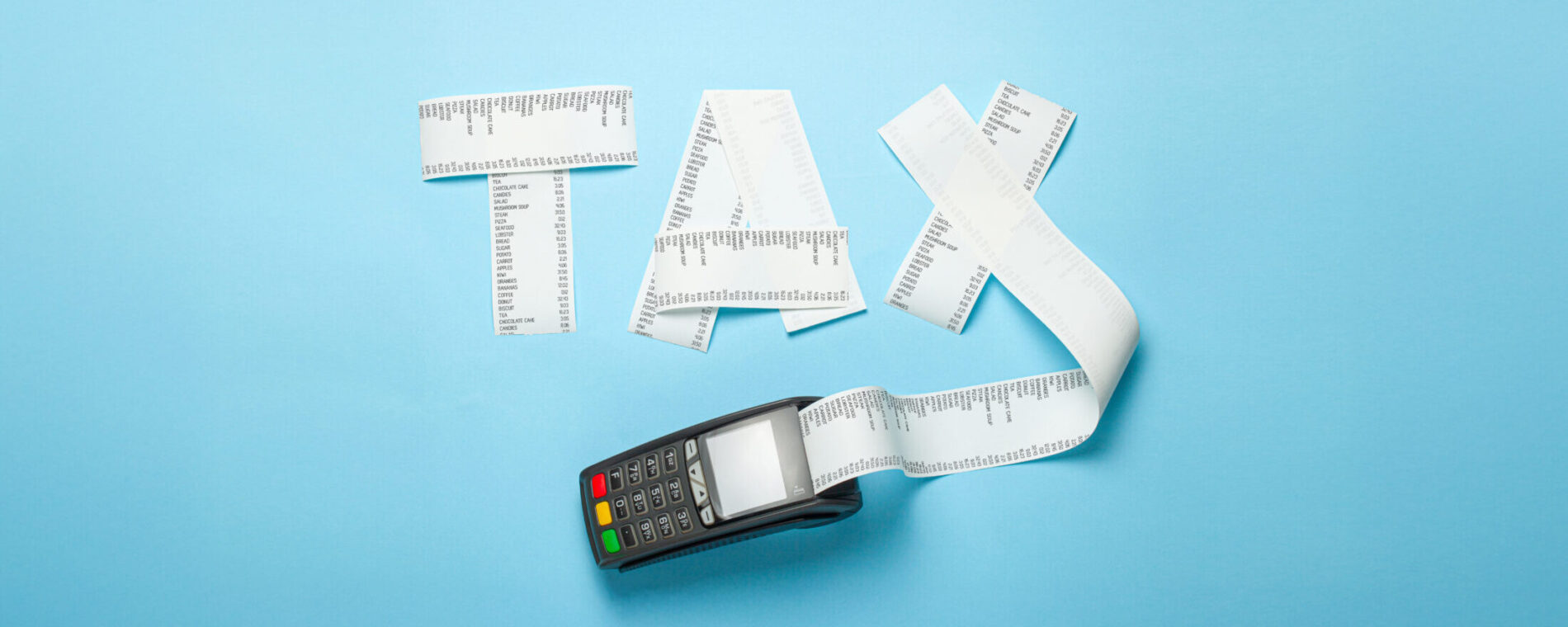
The VAT system in Switzerland is based on the principle of input tax deduction, which ensures that VAT is ultimately borne by the end consumer, rather than the businesses involved in the supply chain. The following explains how input tax deduction and tax accounting work:
I. Input tax deduction
Businesses that are liable for VAT can deduct the VAT they have paid on their business-related expenses and capital expenditures as input tax. This reduces the company’s tax burden and ensures that the VAT is ultimately borne only by the end consumer.
Businesses must have valid invoices with VAT shown, and properly document their business expenses to be able to claim input tax deductions.
II. Tax Settlement
Companies subject to VAT must submit their VAT returns to the Federal Tax Administration (FTA). Most companies submit VAT returns quarterly, though semi-annual and annual options are also available depending on turnover and accounting method.
In this statement, they must compare the VAT collected (output tax) and the VAT paid (input tax). The difference between the two is the VAT that the company must pay to the FTA (if output tax exceeds input tax) or claim as a VAT refund (if input tax exceeds output tax).
III. Special regulations
In certain cases, businesses can make use of special VAT accounting methods such as the net tax rate method. These methods reduce administrative burden for smaller businesses but come with specific eligibility criteria. Consult a tax advisor or the FTA to determine whether they apply to your business.
Accurate VAT accounting, including proper input tax handling and timely submission of returns, is essential for compliance and to avoid penalties.
Book a free initial consultation with our experts.
Book a callDo you have questions about value-added tax?

VAT is one of the most important, and most complex, aspects of doing business in Switzerland. Understanding key aspects such as registration, input tax deductions, special reporting methods and international transactions is essential for both compliance and cash flow.
At Nexova, we help Swiss startups and SMEs handle VAT with confidence. Whether you’re launching a new business, reviewing your reporting method, or considering voluntary registration, we offer clear guidance and practical support tailored to your situation.
Get in touch today to simplify your VAT obligations and ensure your setup is efficient and fully compliant. We’ll handle your tax obligations so you can stay focused on your business.
FAQ
Answers at a click
Do I have to register for VAT if I’m under the CHF 100,000 threshold?
No, VAT registration is only mandatory once your taxable turnover exceeds CHF 100,000 (or CHF 250,000 for non-profit organisations) in a financial year or it’s foreseeable that this threshold will be exceeded within 12 months of starting or expanding your activity. However, voluntary registration may still be worthwhile if you incur significant input VAT or mainly work with VAT-registered clients.
Can I recover input VAT if my sales are exempt?
Generally, no. If your business only makes VAT-exempt supplies (e.g. education, healthcare), you cannot reclaim the VAT paid on your expenses. Input VAT deduction is only allowed if the purchases relate to taxable or zero-rated output.
What is the difference between zero-rated and exempt supplies?
Zero-rated supplies (e.g. exports) are taxed at 0% but still allow you to reclaim input VAT. Turnover generated from zero-rated supplies counts towards determining whether you are over the CHF 100,000 threshold for mandatory VAT registration.
Exempt supplies (e.g. insurance, healthcare) are not subject to VAT and therefore do not entitle you to input tax deductions. These supplies are also not counted when determining whether you are over the CHF 100,000 threshold.
Can I change my VAT reporting method and reporting frequency later on?
Yes, but the rules and timing depend on what you’re changing and when.
If you want to use the net tax rate method from the beginning of your VAT liability, you must notify the FTA in writing within 60 days of receiving your VAT number. If you started by using the effective method (based on actual input and output VAT), you must first use it for at least three full years before you can request to change to the net tax rate method by submitting an application to the Federal Tax Administration (FTA). (Art. 37 VAT Act)
The change can only take effect at the start of a new tax period, and you must meet the eligibility criteria, including a maximum annual turnover of CHF 5,024,000 and VAT due of no more than CHF 108,000. Once approved, you will typically report semi-annually, unless you also apply for annual filing. (Art. 37 VAT Act)
As of 1 January 2025, businesses using either reporting method can apply for annual VAT filing if their annual turnover does not exceed CHF 5,005,000 and they have filed and paid previous returns on time (Art. 35 VAT Act). This switch must also be requested via the FTA ePortal and takes effect from the beginning of a new tax period. The obligation to make installment payments set by the Federal Tax Administration (FTA) remains in effect for the annual reporting option.
In all cases, changes are only allowed at the start of the next tax period.
What happens if I forget to register for VAT on time?
You are required to register for VAT with the FTA within 30 days of becoming liable without being asked to do so (Art. 66 para. 1 VAT Act). If you fail to do so, the FTA can register you retroactively and claim any VAT that should have been declared, including penalties and interest. It’s essential to monitor your turnover and register as soon as you’re obligated.
Trusted by over 250 companies
Discover the diversity of our customers
As an internationally active biotechnology company that stands for innovation and the highest quality, we work exclusively with partners who meet our high standards. Nexova consistently impresses us with exceptional service quality, robust processes, and an impressive pace. The professional, solution-oriented, and efficient collaboration allows us to fully focus on our core business. Additionally, we would like to highlight the remarkable cost savings of 35% compared to in-house accounting. We particularly appreciate how Nexova quickly understands, develops, and promptly implements complex requirements – both within Switzerland and at our international subsidiaries. We can wholeheartedly recommend the Nexova team.

Nexova AG offers highly professional accounting services that have significantly enhanced our financial management at Learning Lab. Their team is precise and reactive, always delivering accurate and timely reports while promptly addressing our queries. With Nexova AG’s support, we manage our clients’ accounts and finances more efficiently. We highly recommend Nexova AG for their exceptional accounting services.
For us as a new catering company, it is essential that our trustee understands our specific needs and responds flexibly to our requirements. In Nexova AG, we have found the ideal partner who supports us competently in all fiduciary matters and actively promotes our growth.
Uncomplicated or serious? Or is it and? A young, clever team is at work here, offering excellent services, highly uncomplicated and competent. Instead of a prestigious reception, expensive offices and chocolates, there are fast services and competent services. For me as a one-man company, this is exactly what I need.
Arvy AG has found an exceptional partner in Nexova AG. Their very high level of expertise in FINMA-regulated industries ensures that our financial transactions are in safe and competent hands. What sets Nexova apart is their flat-rate pricing structure, which has helped us greatly with budgeting and financial planning. As a company committed to long-term success and integrity in investments, we are very satisfied with the services provided by Nexova AG.
For us as an EdTech startup, it is very important that our trustee is as digital and agile as we are. With Nexova AG, we have found the perfect partner who can actively support us in our growth.
